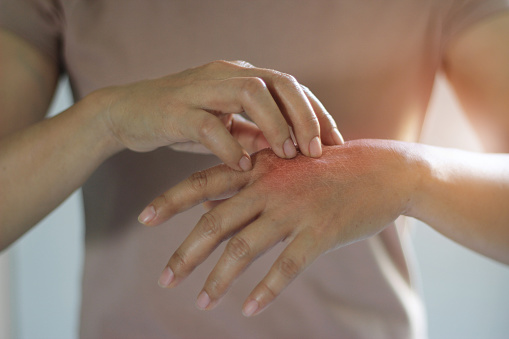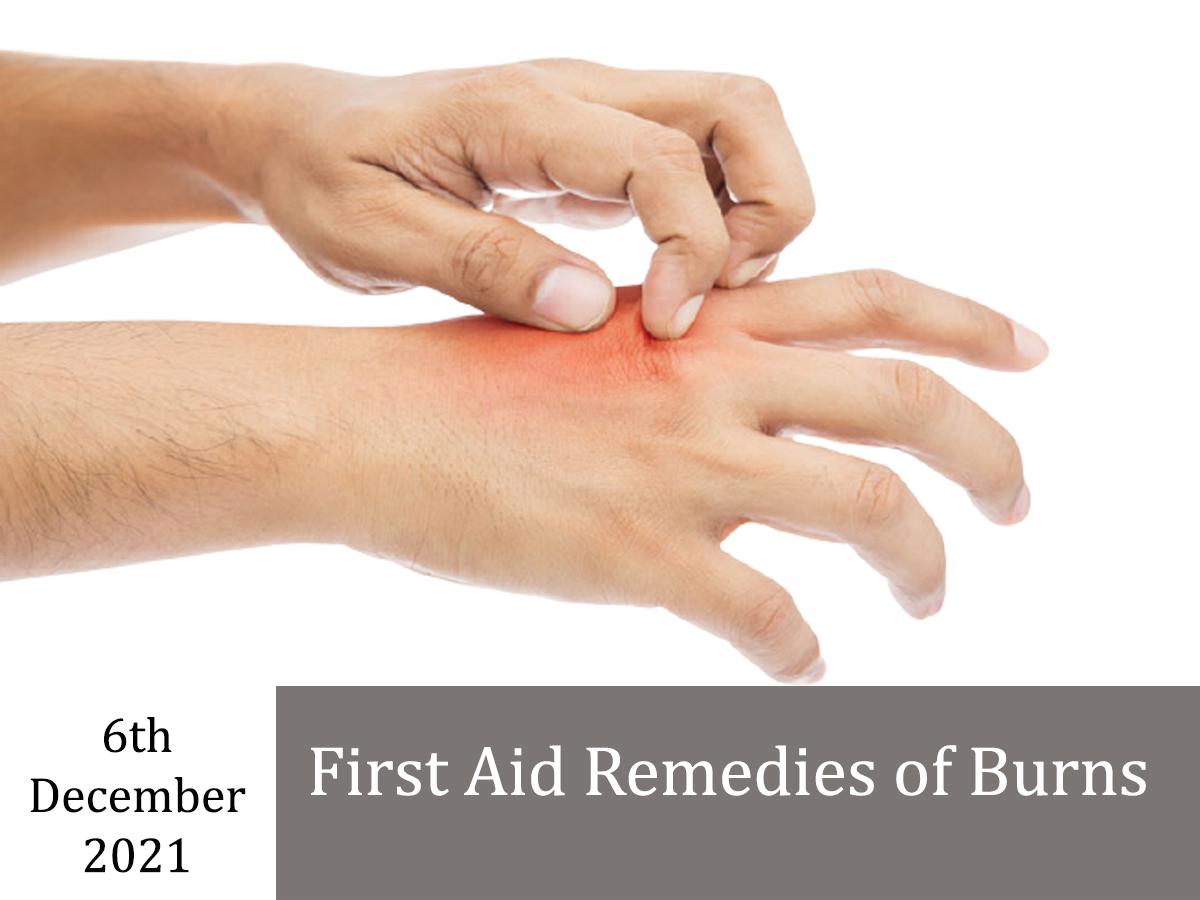In daily life, we may face such risky things that cause burns. Sometimes we get it if we handle them carelessly. Or sometimes get burnt accidentally. Burn is tissue damage caused by flames, hottest water, corrosive chemicals, electricity, and sunburn.

We can distinguish burn into the major and minor types of burning. There are ways to differentiate between major and minor burns. And after determining the burns, we should decide our actions and treatment.
How to determine Major Burns?
Major burn includes deep dermal or partial thickness burn and full-thickness burn. In deep dermal burn, epidermis and dermis get damaged. The skin gets red, swollen, and blistered. And it may be painful.
In full-thickness burn, all the three layers of skin i.e. epidermis, dermis, and subcutis get damaged. The upper layer of skin burnt away while tissues under get black.

How to determine Minor Burns?
Minor burns can be distinct in two ways. The first is superficial epidermal burn, and the second is superficial dermal burn. In superficial epidermal burn, the upper skin layer becomes red and swollen. It is painful.
In superficial dermal burn, dermis means the second layer of skin with epidermis gets damaged. And you can find spots of the blister.
First Aid for Major Burns:
- At first, move the people from the source of burn.
- After recognizing it, remove clothing from the burnt portion but do not try to remove cloth stick to it.
- Remove jewelry or accessories quickly from the burnt area. Because those accessories will hurt the wound when the skin around burn swollen.
- Then cover the burnt place with a clean cloth or bandage after moistening with clean and cool water.
- Next, separate the burns from another body part.
- Visit or call a doctor.
- After determining minor burn, cool down it under tap water or ice compresses.
- Remove tight accessories from burnt areas.
- Must avoid breaking blisters. Blisters full of fluid protect the burnt wound from infection.
- Apply moisturizer or Aloe Vera on burns. It will cool and moisturize and keep away from drying.
- Then loosely bandage the portion with gauge. Do not use fluffy cotton because it will stick in the healing area.
Things to remember while treating burns:
- Do not apply any home remedies for major burns because they will not be effective. Moreover, those substances will trap the heat and make burnt worse.
- Seek medical treatment for the major burn as soon as possible.
- Do not break blisters. Breaking blisters are painful and infectious.
- Avoid contamination in the burnt area. Do not cough or sneeze on it.




